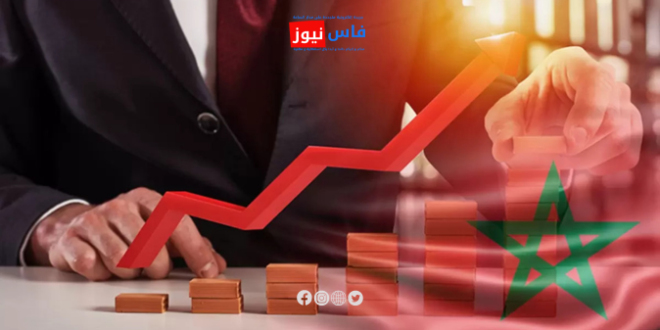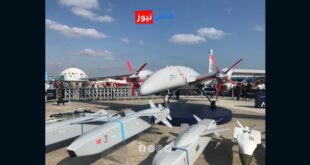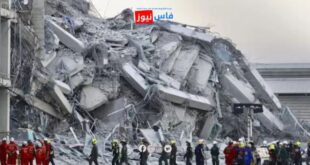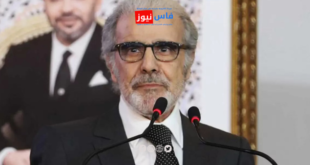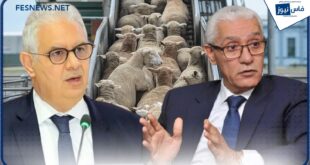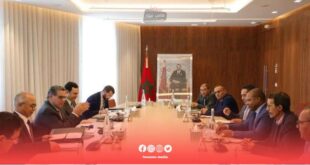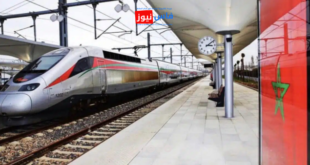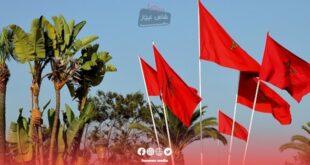Morocco seeks to strengthen its economic position globally through the implementation of an ambitious strategy for economic opening to the African continent. This step is of significant importance on both the political and economic levels. Launched in recent years, this strategy aims to enhance trade and investment relations with African countries, and it is expected to have a substantial impact on the Kingdom’s economic growth. But what are the opportunities provided by this strategy, and what challenges might it face?
Economic Opportunities
The opportunities provided by the economic opening to Africa are found in several areas, the most prominent of which are market diversity and natural resources. Africa is one of the fastest-growing regions in the world, with a large number of markets that require a variety of products and services. This market expansion can boost Morocco’s exports of industrial and agricultural products, such as fertilizers, clothing, textiles, and agricultural products like citrus and olives.
On the other hand, opening to Africa presents an opportunity for Morocco to develop its industrial and commercial sectors through investment in manufacturing industries. African countries need to localize many industries in sectors such as energy, technology, and infrastructure, offering opportunities for Moroccan companies to invest in these sectors and engage in joint ventures with countries on the continent.
The transport and logistics sector also represents a significant opportunity, as Morocco aims to strengthen its role as a regional hub for distributing goods to various African markets. The Kingdom has built extensive infrastructure at the Tanger Med port, making it a strategic point for trade between Africa and Europe. This enhances Morocco’s competitiveness as a link between the two continents.
Economic Challenges
Despite the great opportunities, the strategy of economic opening to Africa faces several challenges that could affect its success. One of the most prominent challenges is the economic disparities between African countries. While some African nations are experiencing rapid economic growth, others are facing significant difficulties in areas such as infrastructure, political stability, and social development. These disparities can create challenges in dealing with diverse markets that require tailored solutions.
Another challenge is international competition. Morocco faces strong competition from other economic powers, such as China and India, which are making substantial investments in Africa. China, in particular, is a formidable competitor in infrastructure investments and trade, and may attract many African markets that could have been destinations for Moroccan investors.
Additionally, logistical challenges and issues related to transportation and communications remain factors that could hinder trade between Morocco and African countries. Despite efforts to improve infrastructure, some regions still suffer from a lack of transportation networks, leading to additional costs and delays in completing trade transactions.
Regional Cooperation
As part of its strategy, Morocco also focuses on enhancing regional cooperation between African countries. This includes intensifying partnerships in education, training, and healthcare, contributing to the development of human capital and improving the quality of life in various African nations. Morocco also aims to enhance its role in regional economic institutions such as the African Union, to become a key player in promoting trade and regional cooperation among African countries.
Conclusion
Morocco’s strategy for economic opening to Africa represents an important step toward strengthening regional and international economic cooperation. While this strategy provides numerous opportunities for market expansion and the development of industrial and commercial sectors, it also faces economic and logistical challenges that must be addressed strategically to ensure sustainable success. In this way, Morocco seeks to build strong and balanced relationships with the African continent, which requires ongoing efforts and innovation in economic policies.
Source: Fes News Media
 فاس نيوز ميديا جريدة الكترونية جهوية تعنى بشؤون و أخبار جهة فاس مكناس – متجددة على مدار الساعة
فاس نيوز ميديا جريدة الكترونية جهوية تعنى بشؤون و أخبار جهة فاس مكناس – متجددة على مدار الساعة

